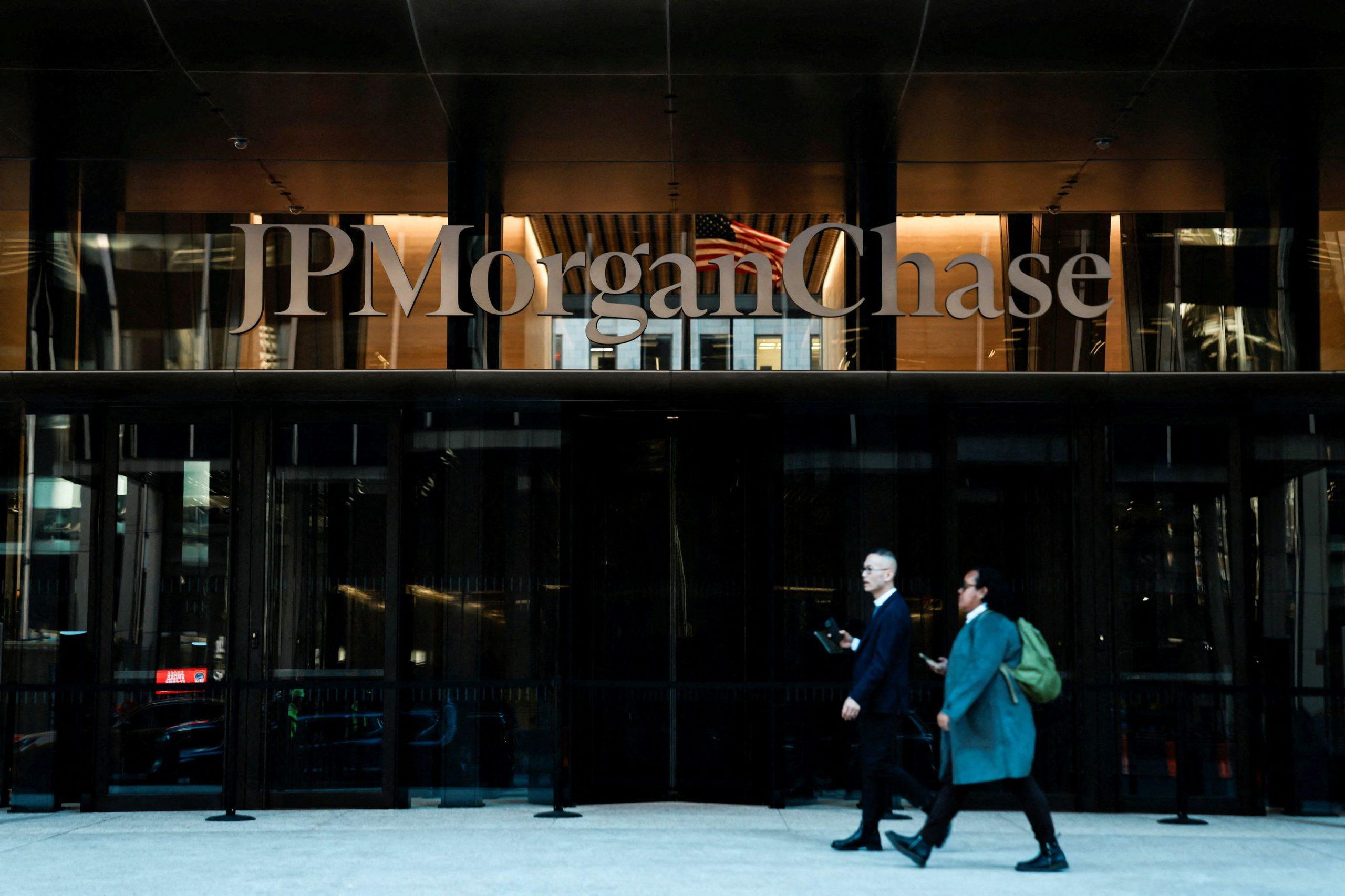Energy suppliers are brainstorming in order to determine the electricity billing policies for August, which will be announced next Monday. Information and estimates from the energy market indicate that the data on the prices of natural gas, which is the critical factor for the price of electricity, lead to prices close to 500 euros per megawatt hour of electricity, which – in combination with the subsidies from the State that are also expected to be announced soon – make possible achieving the target of returning consumer prices close to last autumn’s levels.
The framework
The new operating framework of the energy market provisions:
-Producers collect an administratively defined price for the electricity they produce, different by technology (lignite, natural gas, RES, etc.). The ceiling price for July is 112 euros per megawatt hour for hydro, 85 euros for other renewables, 208.29 euros for lignite units, 292 euros for combined cycle natural gas units and 408.47 euros for open cycle procedures.
-Suppliers buy the electricity at the price set on the Stock Exchange which is much higher than the ceiling for producers (e.g. today the Stock Exchange price set a record at 426.92 euros per megawatt hour). The difference (market price paid by suppliers minus the cap collected by producers) is transferred to the Energy Transition Fund to finance subsidies to electricity consumers.
-Consumers from August onwards will pay fixed billings, without an adjustment clause, which will be announced in advance by all suppliers and will be equal to the billing of each company minus the subsidy given by the State. It is recalled that the subsidy for residential consumers in July, before the new market operation system was implemented and the resources available to the State were less, was 200 euros per megawatt hour. Consumers will also be able to switch supplier immediately if they so choose.
The new bills
With a provision included in the bill on renewable energy which was submitted to Parliament yesterday, it is stipulated that the electricity billing practices that will be valid for the whole of August must be announced by next Monday, July 25, while from now on the billing procedures of each supplier will be announced by on the 20th of each previous month (i.e. September invoices will be announced by August 20 and so on)
Sources of the energy market told state news agency APE-MPE that natural gas prices as they fluctuated in July allow electricity tariffs to be set close to 500 euros per megawatt hour despite the fact that – as they said – suppliers are forced to add a “risk premium” to prices to hedge against extreme price swings in the following month.
The same sources said that even a partial reopening of the North Stream pipeline may not have brought prices to the level they were in June (80-100 euros per megawatt hour) before the pipeline was closed, but it has eased pressures (today the price is in the 160 euros range while in July it exceeded 180) and, however, at the moment it did not confirm the fears of a total interruption of supply.
Large industrial consumers (who have a different way of billing depending on the consumption per hour of the day) are also waiting for the announcement of the electricity tariffs in order to choose whether to stay on floating billing that their contracts now provide for or go to the new framework of fixed billing.









































